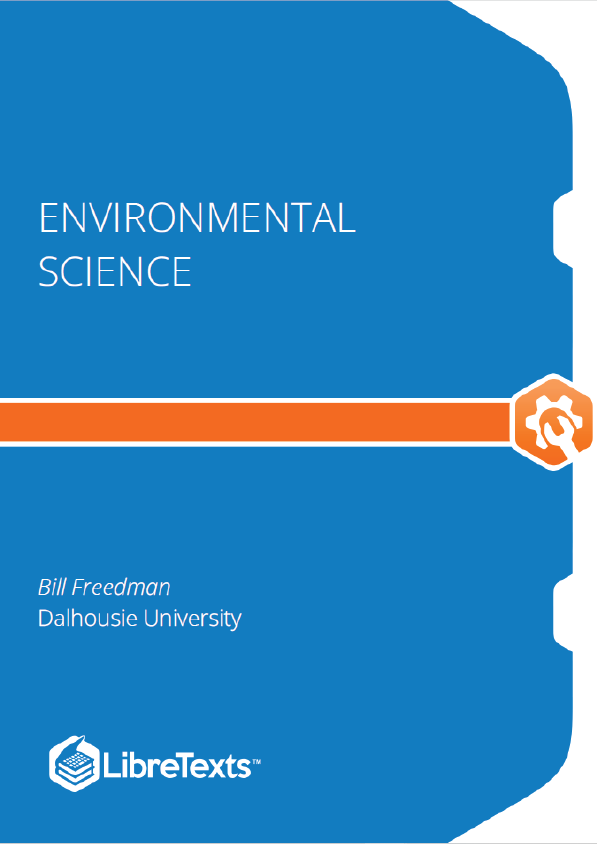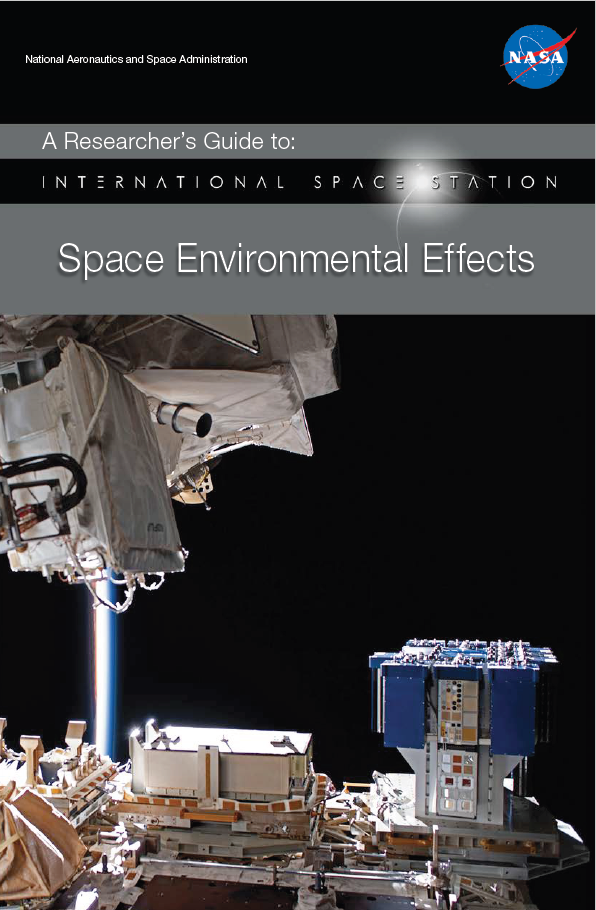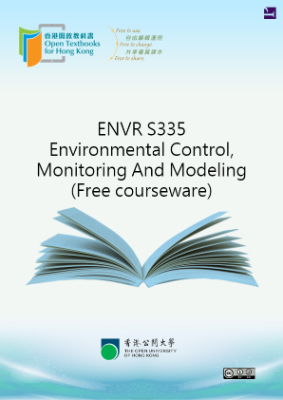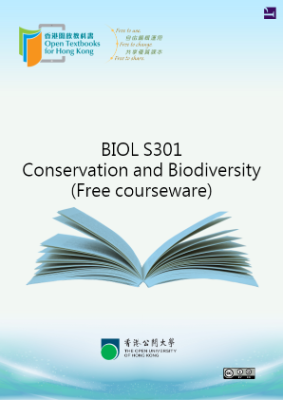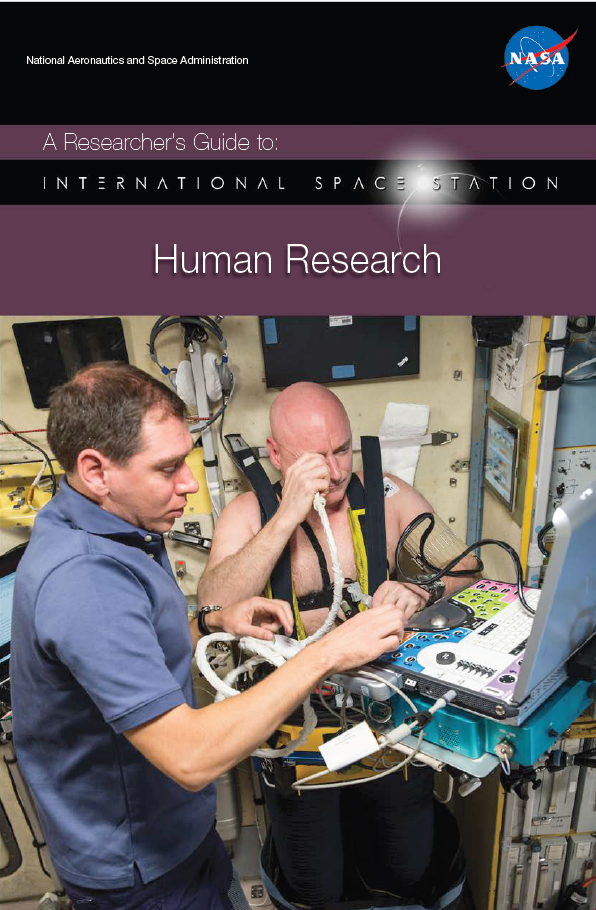Environmental Science and Its Context
Every one of us is sustained by various kinds of natural resources – such as food, materials, and energy that are harvested or otherwise extracted from the environment. Our need for those resources is absolute – we cannot survive without them. Moreover, the same is true of all other species – every organism is a component of an ecosystem that provides the means of subsistence.
Collectively, the needs and activities of people comprise a human economy. That economy operates at various scales, ranging from an individual person, to a family, to communities such as towns and cities, nation-states (such as Canada), and ultimately the global human enterprise. While an enormous (and rapidly growing) number of people are supported by the global economy, a lot of environmental damage is also being caused. The most important of the damages are the depletion of vital natural resources, various kinds of pollution (including climate change), and widespread destruction of natural habitats to the extent that the survival of many of the natural ecosystems and species of Earth are at grave risk.
These issues are of vital importance to all people, and to all life on the planet. Their subject matter provides the context for a wide ranging field of knowledge called environmental studies, an extremely broad field of knowledge that examines the scientific, social, and cultural aspects of environmental issues. As such, the subject matter of environmental studies engages all forms of understanding that are relevant to identifying, understanding, and resolving environmental problems. Within that context, environmental science examines the science-related implications of environmental issues (this is explained in more detail in the following section). The subject matter of environmental science is the focus of this book.
Issues related to environmental problems are extremely diverse and they interact in myriad ways. Despite this complexity, environmental issues can be studied by aggregating them into three broad categories:
- the causes and consequences of the rapidly increasing human population
- the use and depletion of natural resources
- damage caused by pollution and disturbances, including the endangerment of biodiversity
These are extremely big issues – their sustainable resolution poses great challenges to people and their economy at all scales. Nevertheless, it is important to understand that the study of environmental issues should not be regarded as being a gloomy task of understanding awful problems – rather, the major goal is to identify problems and find practical ways to repair them and prevent others from occurring. These are worthwhile and necessary actions that represent real progress towards an ecologically sustainable economy. As such, people who understand and work towards the resolution of environmental problems can achieve high levels of satisfaction with their contribution, which is something that helps to make life worth living.
